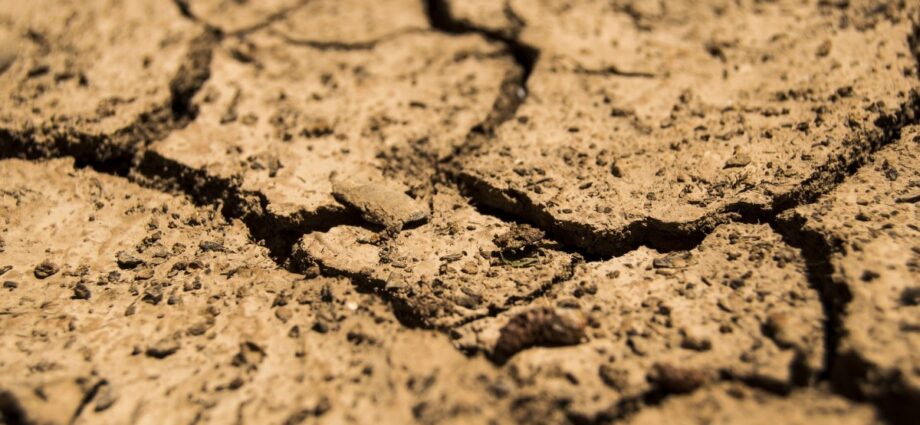Tanzania: Dar es Salaam — Residents in Tanzania’s commercial capital, Dar es Salaam, are struggling with water shortages after authorities announced rationing because of a drop in the level of the city’s main water source, the Ruvu River.
Dar es Salaam’s water authorities said they would shut off piped water to the city’s nearly 6 million people every other day until water levels recover. But rain has been sparse in Tanzania, as it has in neighboring East African nations, and meteorologists are warning of a prolonged dry season.
That spells trouble for Elizabeth Maemo, who used to earn huge profits from her small street restaurant in Dar es Salaam. Now, she is losing money because of the drought and the increase in the price of water.
Currently, she said, “I buy one bucket for 700 shillings, and I use around 15 gallons a day. I can say that in my business the scarcity of water has affected me a lot.” Maemo, 52, added that “I have lost many customers, as they have no faith in the water I am using.”
Authorities said the water supply from the Ruvu River has dropped from 466 million liters to about 300 million liters a day, whereas the city normally consumes an estimated 500 million liters a day.
Residents are now relying on a local network of boreholes and wells. Those without a source of water nearby are left with no option but to buy from private vendors – and with demand high and supply low, prices have risen.
Suphian Msofe, one of the private vendors, said that “for the six years that I have delivered water across Dar es Salaam, this is the moment I’m generating a huge profit. But when you look at the water that we sell, it is salty and not suitable for drinking. It can at least be used for cooking and washing services.”
With global warming causing frequent heat waves, activists say the city needs a long-term solution to its water challenges.
Frowim Mshumbus is an environmental activist from the One Planet network, which advocates steps to tackle climate change. He said commercial activity along the Ruvu River has contributed significantly to lower water levels. “What I think should be done to solve the challenges,” he said, “is to educate people about the importance of these water sources and the best way to protect them.”
Source: allafrica.com
Share this news
This Year’s Most Read News Stories

East African Community Bloc Dismisses Fake Common Currency
The secretariat of the East African Community (EAC) regional bloc has dismissed a post on X, formerly Twitter, which claimed that the bloc’s member countries have launched a common regional currency.Continue Reading

Mbeto on Mwinyi: He created today’s affluent people
The CCM Secretary of Ideology and Publicity (Zanzibar), Mr Khamis Mbeto Khamis, said the late President Ali Hassan Mwinyi was the architect of the current class of affluent people.Continue Reading

Ali Hassan Mwinyi, Former President of Tanzania, Dies at 98
Ali Hassan Mwinyi, a schoolteacher turned politician who led Tanzania as its second post-independence president and helped dismantle the doctrinaire socialism of his predecessor, Julius K. Nyerere, died on Thursday in Dar es Salaam, the country’s former capital. He was 98.Continue Reading











